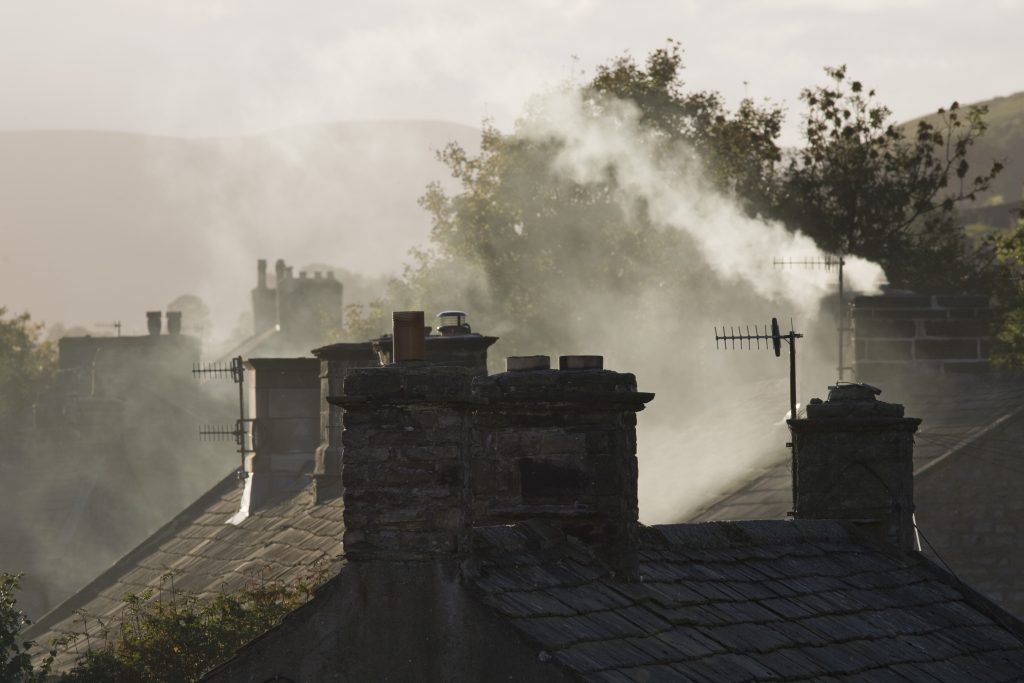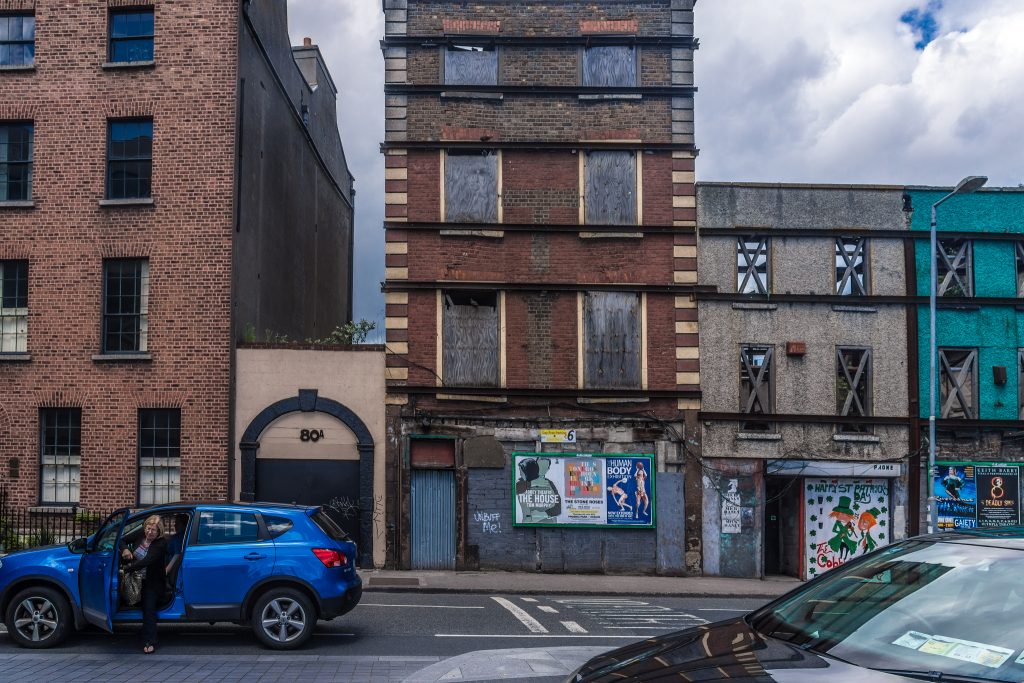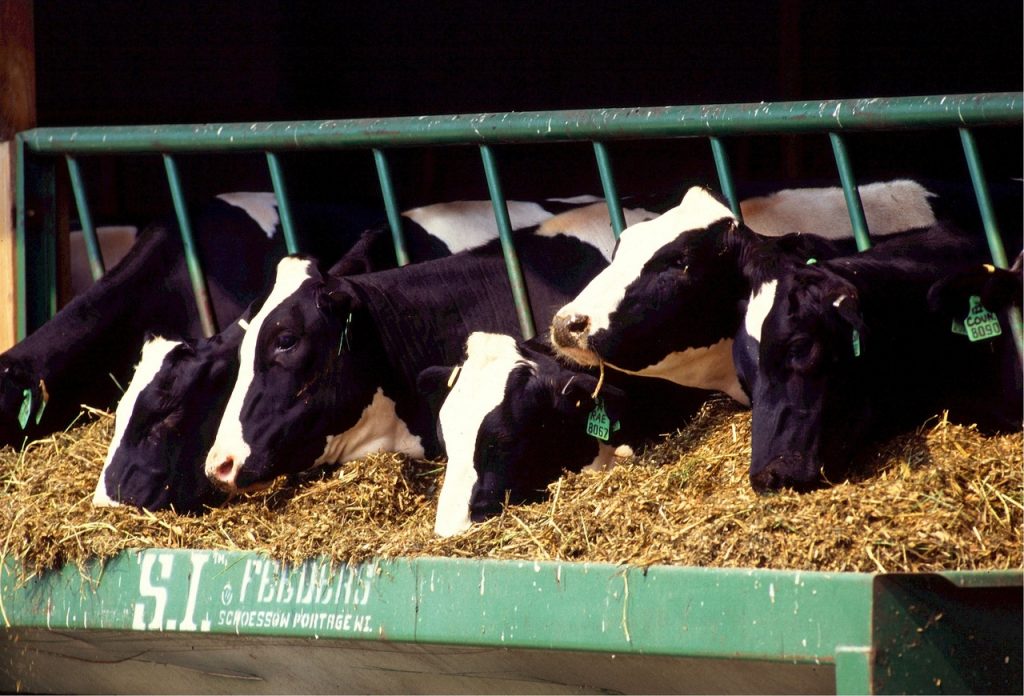Budget 2020: Where does climate and biodiversity fit?

October 8th, 2019
The international climate movement has seen a meteoric rise since the release of last year’s Budget.
Political discussions of environmental policy have now gone beyond the controversial idea of a carbon tax, and many parties are demanding substantial fiscal measures to address the climate crisis.
However, with the looming threat of Brexit, much of the coverage and attention has gone to the Government’s contingency plan should a no-deal exit play out.
Over the past week, opposition parties have released their alternative budgets outlining their environmental policy and The Green News decided to dig into them.

Carbon Tax
The 2020 B
The carbon tax currently stands at €20 per tonne emitted, and a €6 to €7 increase is anticipated, much less than environmental groups wanted.
The carbon tax currently stands at €20 per tonne emitted, and a €6 to €7 increase is anticipated, much less than environmental groups wanted.
However, according to the Economic and Social Research Institute (ESRI), a more accurate tax that would reflect the damage of emitted carbon would be between €150 to €200.
In addition, it is likely that any new revenue raised will be ring-fenced for Just Transition and Climate Action, with no indiation that the Government will heed the warning of civil society groups, charities and the ESRI that revenue needs to go back to the Irish people to protect low income families.
The Green Party in their alternative proposal has called for “increased carbon pricing” that would generate over €400 million per year and would return the revenue as a flat rate dividend.
The Social Democrats have also voiced their support for “the principle of a carbon tax” but made no clear commitments as the party stressed that
Labour is singing a similar tune on the matter, proposing a €10 per tonne increase in the carbon tax. The party would ringfence this revenue and use it to address fuel poverty and to fund home retrofitting and public transport.
Sinn Fein, who have been openly critical of the carbon tax, has held their position and did not ask for a carbon tax increase in their alternative budget.
People Before Profit did not explicitly reference a carbon tax in their budget proposal, but the party is also a long-standing opponent of the tax.

Public Transport
Increased funding for public transport was an across-the-board trend in alternative budget submissions.
People Before Profit are calling for free public transport for any age in a €580 million proposal, and the Green Party are advocating specifically for free public transport for students in a €475 million package for sustainable transport.
The Social Democrats ha
Sinn Fein has called for greater investment in public transport and for free fares for five to 18-year-old’s to “encourage positive habit formation”.
Labour ha
Opposition parties had pointed criticism at the Government over their Climate Action Plan’s transport section which had 180 actions to address climate change. Deputy Catherine Murphy of the Social Democrats referred to the plan as leaving a “glaring gap” for public transport funding.

Retrofitting
Major proposed investment in retrofitting was another key trend in alternative budget proposals.
The Social Democrats have proposed the creation of a new National Retrofitting Programme to oversee the upgrading of energy efficiency of homes across the country.
Labour has proposed a “deep retrofitting programme” of publicly owned houses and the retrofitting of schools of €100 million.
The Green Party are also calling for public buildings to be retrofitting in order to “reduce the carbon footprint of the public sector” at a €200 million cost, and People before Profit have proposed a “major retrofitting programme”.
And finally, Sinn Fein ha

Agriculture
While the European average of agriculture-related emissions is around 10 per cent, the sector stands as Ireland’s largest greenhouse gas emitter, producing roughly a third of total greenhouse gas emissions.
To address this, opposition parties in their alternative budgets have called for investment in sustainable food production.
The Green Party have called for an investment package of €175 million that would include supporting farmers in providing high-quality, native woodland.
The Greens have also proposed increased funding to organic farming programmes. Sinn Fein is also calling for extended organic farming grants to local farmers of €4 million.
People Before Profit have brought forward a Green Low Carbon Agri-environmental Scheme to help reduce the sector’s emissions that totals at €250 million, and the Social Democrats did not explicitly name agriculture in their alternative budget.
Labour has proposed agricultural policy in the alternative budget, but not specifically related to sustainable agriculture.
[x_author title=”About the Author”]







